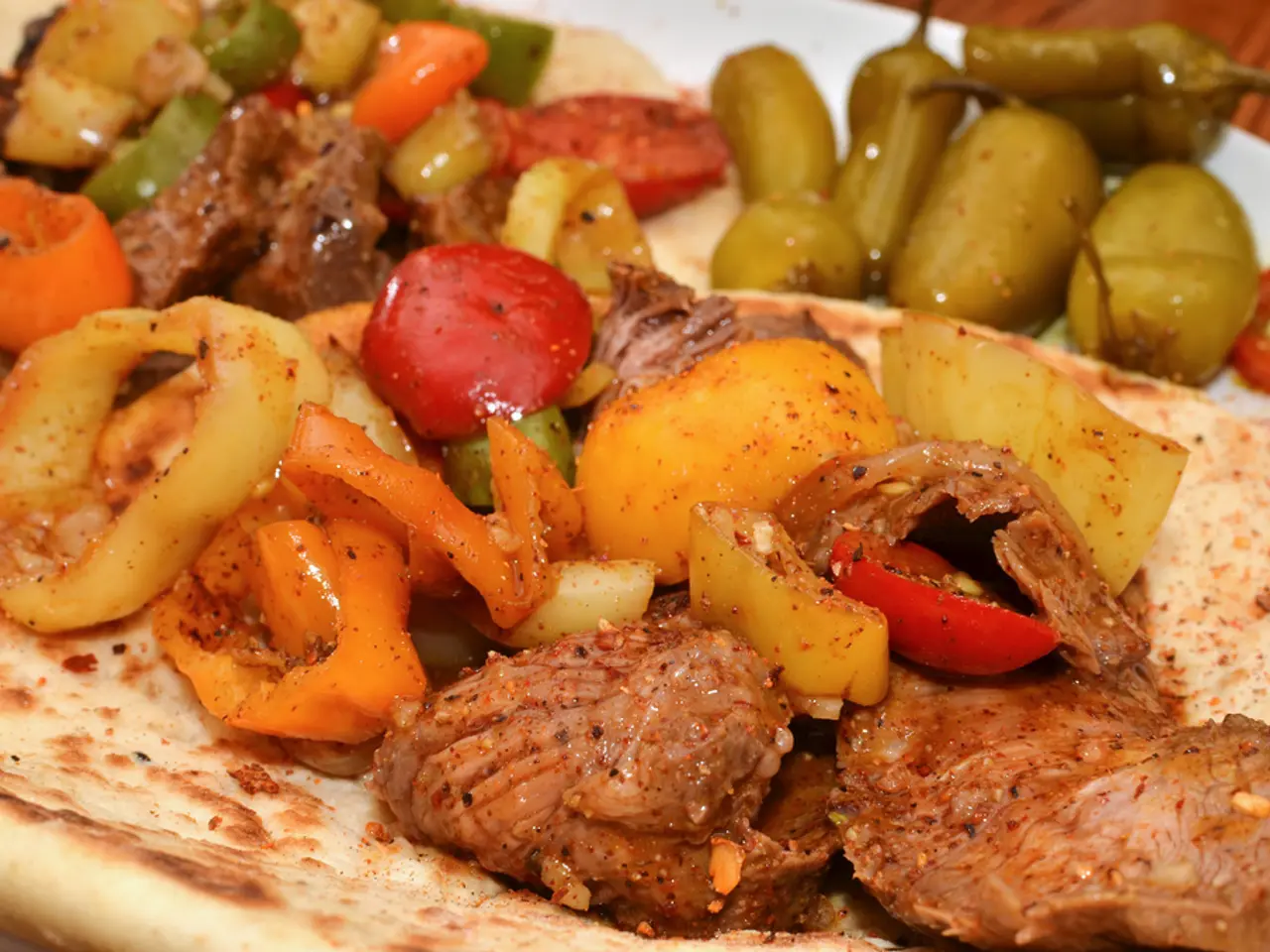McDonald's E. Coli Contamination Unveiled as More Severe Than Initially Apprehended
In late October, the U.S. Centers for Disease Control and Prevention (CDC) reported an E. coli outbreak across 14 states. The outbreak, caused by onions supplied by the company Taylor Farms, has led to a series of recalls and temporary menu changes at various fast food chains near me.
As of the CDC's latest update, there have been 104 cases of E. coli, with 34 people hospitalized. Four cases of hemolytic-uremic syndrome (HUS), which can cause major organ damage, particularly to the kidneys, have been identified. Unfortunately, one person has died due to complications from the E. coli outbreak.
McDonald's was one of the chains affected by the outbreak. The fast food giant returned the Quarter Pounder to its menu, sans onions, within a week of the outbreak first being publicized. The tainted lots of onions were either recalled and/or have now gone past their expiration date, reducing the current risk of further E. coli from this particular contamination.
The probable source of the E. coli outbreak has been identified as fresh slivered onions. The strain behind the E. coli outbreak, O157:H7, produces toxins that can raise the risk of more severe, life-threatening complications.
In response to the outbreak, McDonald's recently bought back fresh slivered onions from a new supplier, with the approval of health officials. Some fast food chains temporarily pulled their own onion items in solidarity.
It's worth noting that only a small percentage of people become sick enough from foodborne illnesses to seek outside medical attention. However, the current risk of further E. coli from this particular contamination is likely nil.
In the wake of the outbreak, several alleged victims of the E. coli outbreak have retained legal representation or begun to sue McDonald's over their food poisoning. The search results do not provide information on the supplier of the contaminated onions in the McDonald's E. coli outbreak.
The Food and Drug Administration (FDA) has stated that there does not appear to be a continued food safety concern related to this outbreak at McDonald's restaurants. Taylor Farms, the company at the centre of the controversy, has issued a larger recall of its onion products.
As the situation continues to develop, it's crucial for consumers to stay informed and for food safety regulations to remain stringent. The CDC, FDA, and other health authorities will continue to monitor the situation closely.
Read also:
- MERS (Middle East Respiratory Syndrome): A Comprehensive Overview and Treatment Guide
- Strategies to Maintain Optimal Eye Health Throughout Aging Process
- Hearings on the HHS Budget Detail a Fresh Approach for Public Healthcare Policies
- Navigating Life with PTSD: Techniques for Managing Anxiety and Recurring Flashbacks






